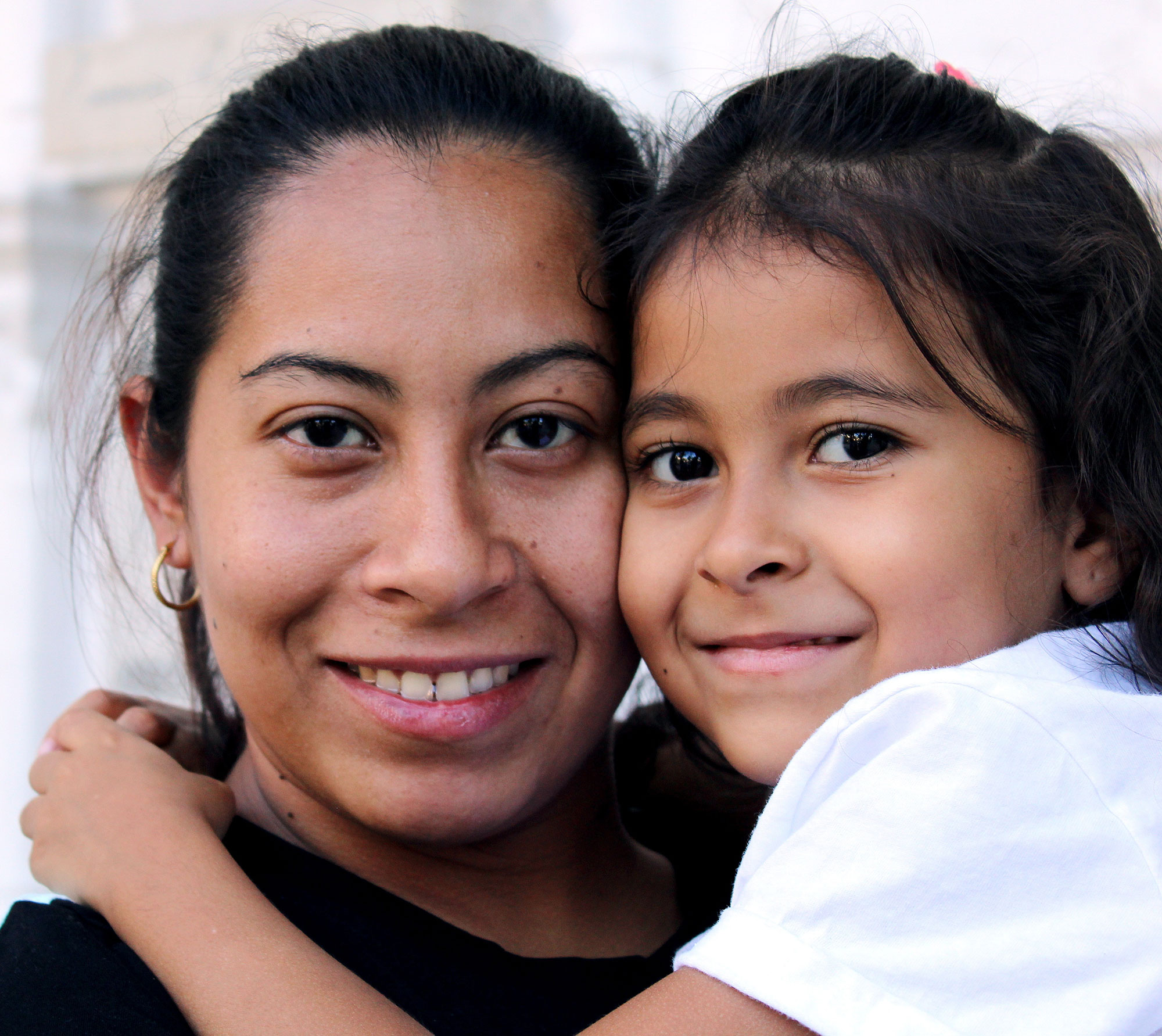Homelessness

Women & Homelessness
The invisible struggle
Women’s homelessness is often not visible. – Street-focused programs specifically for women are few and far between.
“The traditional image of a bundled man asleep on a sidewalk may be what comes to mind for most Canadians when homelessness is mentioned. The reality is more varied and complex. Women in Canada remain severely disadvantaged and without a crucial necessity of life: A safe home. Despite 100 years of progress towards women’s equality, recent decades have seen a tragic and needless rise in women’s homelessness in this country. Women sleep on the streets of our major cities, a virtual guarantee of experiencing sexual assault. Women trade survival sex with men for a place to crash for the night. Teenage girls, fleeing sexual abuse and violence squat in unsafe abandoned buildings, or move in with older men to survive.”
At Margaret’s, we understand that homelessness, mental health, and poverty is challenging for everyone but challenges everyone differently. We strive to be sensitive to the needs of women. As mother’s that parent alone find they are twice as likely to end up homeless as two-parent households. Twenty-one percent of single mothers as compared to seven percent of single fathers raise their children in poverty.
Without a roof over her head and a door to lock safely behind her, women are at greater risk of physical, emotional and psychological harm. Women living on the streets of Canadian cities are highly vulnerable. Many street-involved women are abuse and trauma survivors struggling with resulting mental health and addiction issues. Yet, there remains a severe shortage of detox beds dedicated to women.
Studies focused on women, identified the pattern of hidden homelessness. A woman couch-surfing with friends or relatives to avoid the street is among the hidden homeless. The needs of women and men and youth are different and the funding needed can be difficult to get creating reduced services/supports needed for successful and continual healing. Many women find themselves escaping dangerous and violent relationships with their children; women’s shelters like our own have struggled financially to provide our own gender-specific services: legal aid, trauma counseling, access to child care, housing that safeguards women from violent partners.
Sometimes shelters like our own have not been seen as permanent housing and have caused the shelter to miss out on a portion of government funds. When financial support was provided, it might only cover physical structures – leaving second-stage shelters, which provide individual apartments with support staff and security features, to scrounge for money to cover the costs of those services. This is where your financial help goes a long way in helping us to provide the best service possible for true recovery and renewed stability.
***Stats in Graphic form
Ways to Donate
Help us bridge the gap by contributing in support of initiatives focussed on bettering the lives of those in our community struggling with the effects of poverty, homelessness and mental illnesses.
One Time Gift
Legacy Gift
Monthly Gift
Gift of Cellebration
In Memory
Corporate Matching

For over 65 years, Margaret’s has been empowering individuals struggling with serious mental illness to rebuild and reclaim their lives.
221 Broadview Avenue Toronto, ON, M4M 2G3 Canada | Tel: 416.463.1481 | Fax: 416.461.4866 | info@margarets.ca
Privacy | Cookies | Terms